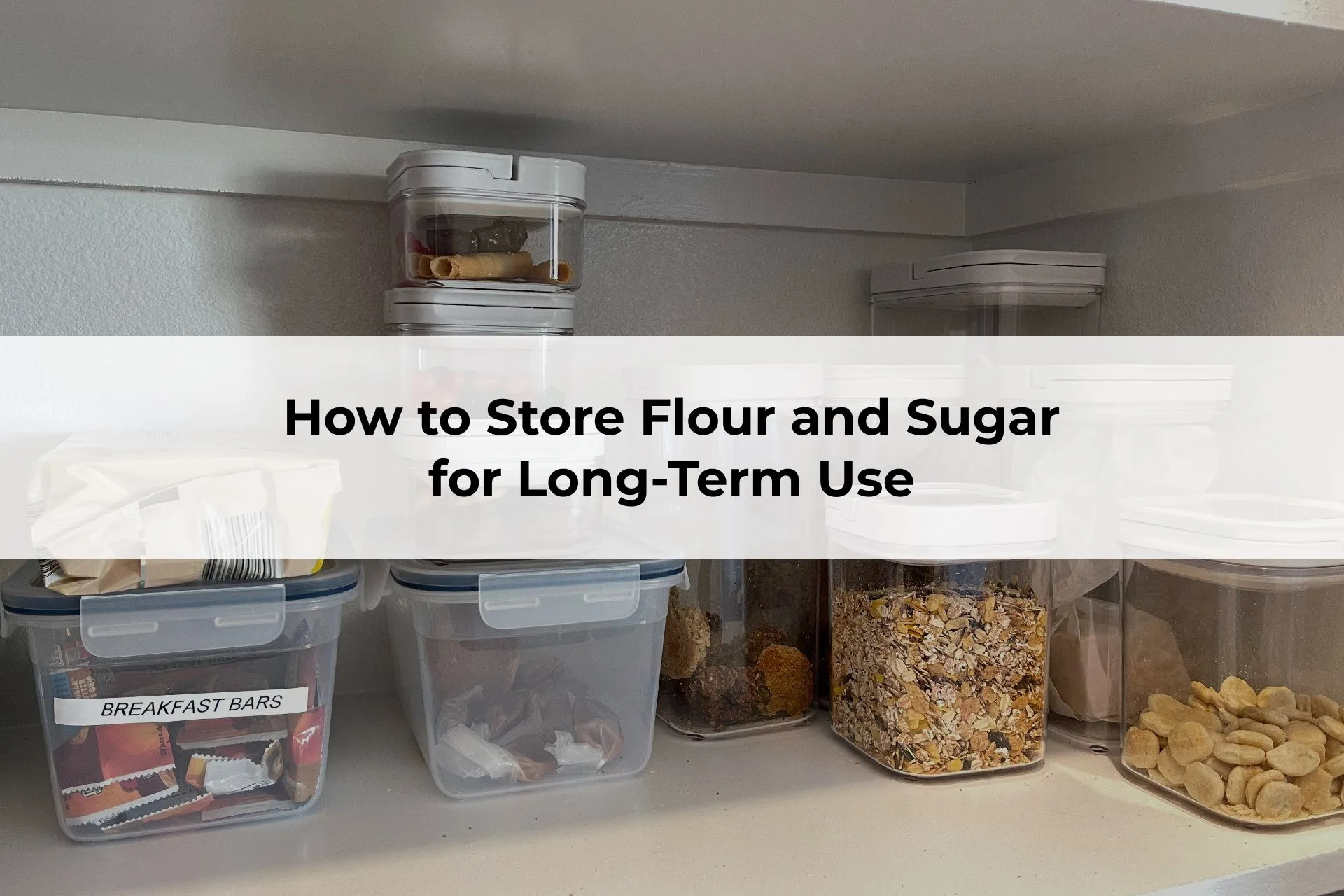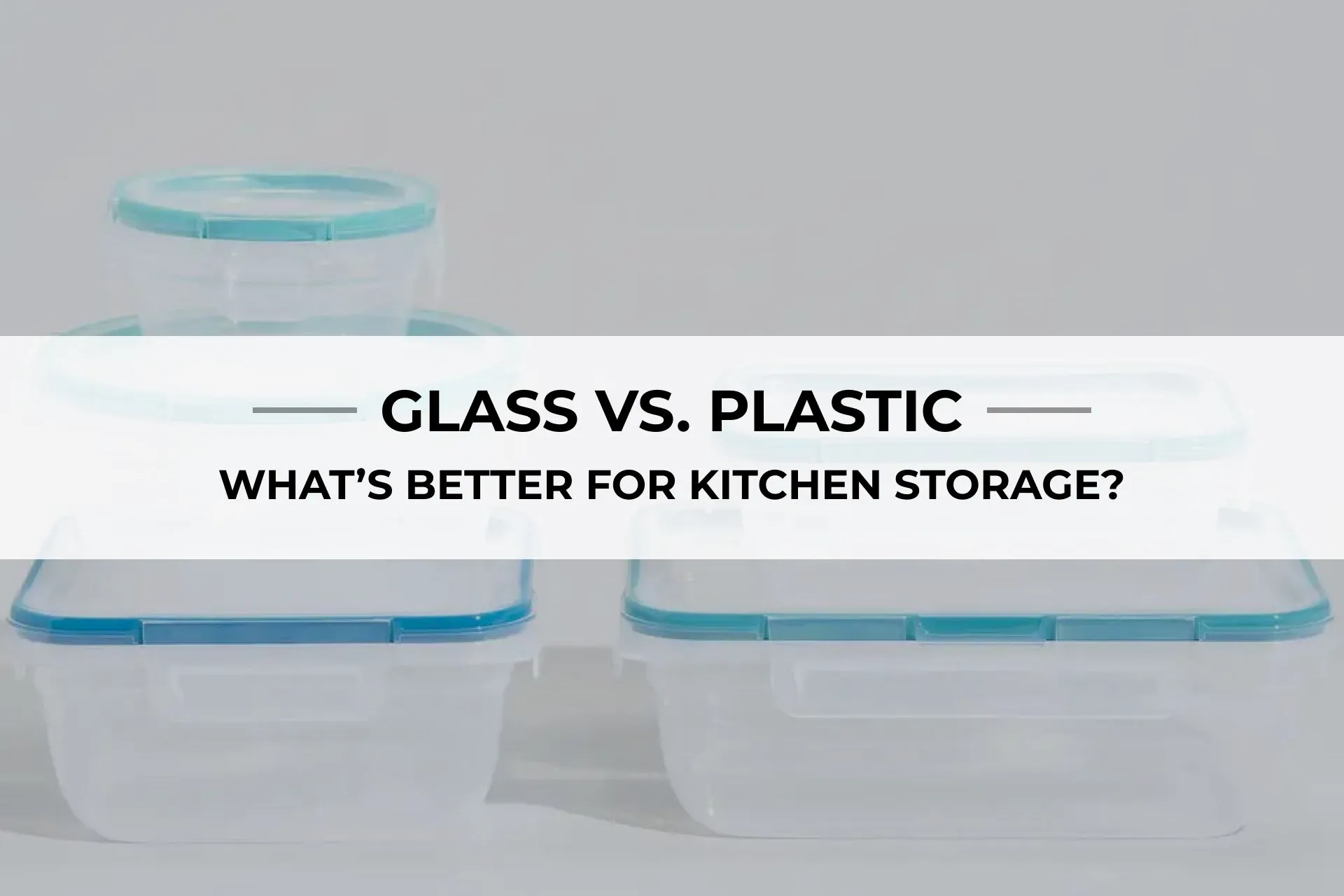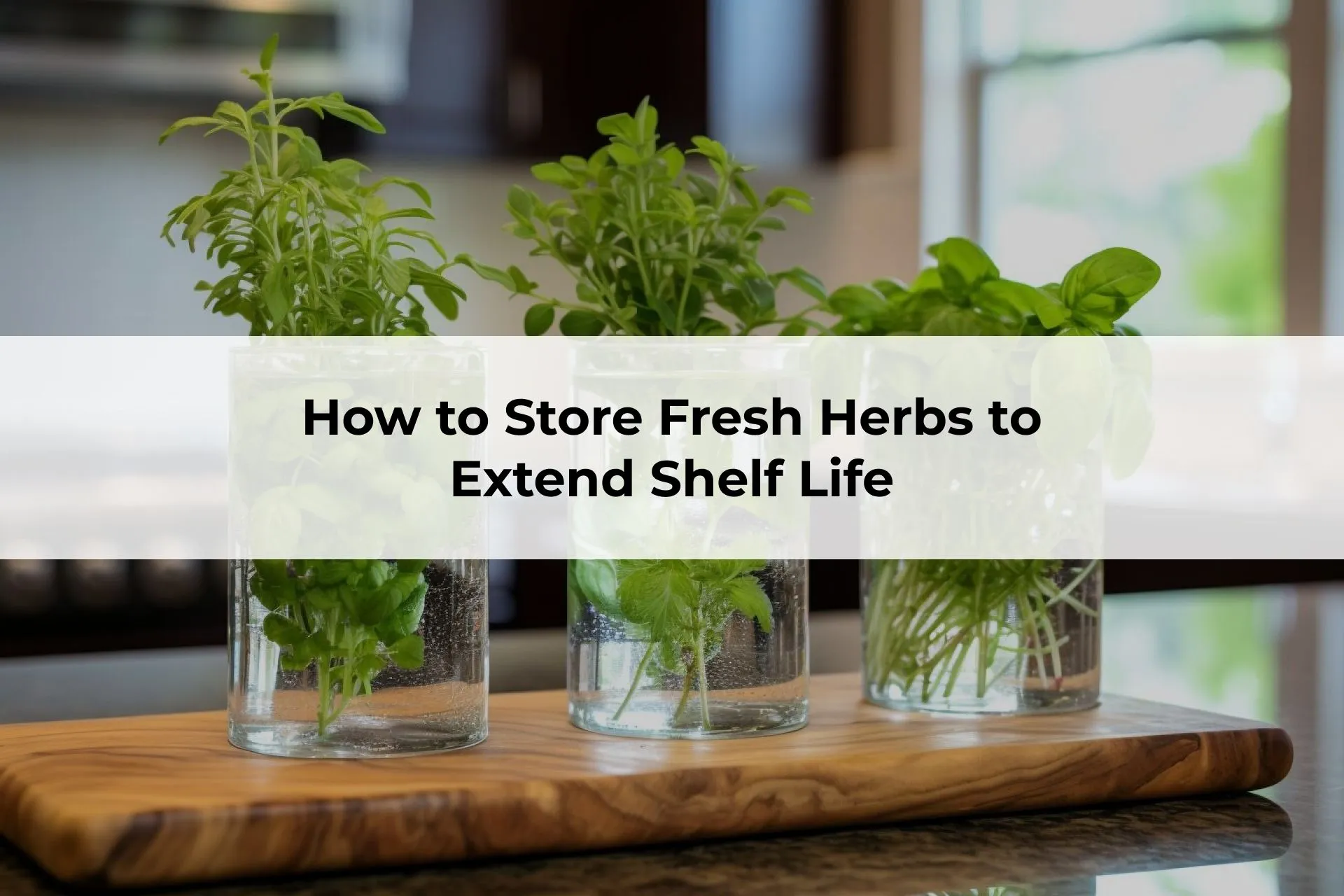
Coffee is one of the most popular beverages in the world, and its flavor and aroma are crucial to making every cup a delightful experience. Whether you're a casual drinker or a coffee aficionado, keeping your coffee beans fresh is key to unlocking the full potential of your brew. But how do you store coffee beans for maximum freshness? In this guide, we will explore the best ways to store coffee beans, explain why freshness matters, and provide expert tips to ensure your coffee stays flavorful for as long as possible.
Before diving into the best storage methods, let’s first understand why coffee freshness is so important.
When coffee beans are roasted, they go through a complex chemical process that brings out the unique flavors and aromas. However, once roasted, coffee beans begin to oxidize, which can lead to the loss of those delightful characteristics. Air, moisture, heat, and light all contribute to this oxidation, leading to stale, flavorless coffee.
To preserve the freshness of your coffee, you need to prevent these elements from breaking down the beans. Proper storage can slow down this process, keeping your coffee beans flavorful for a longer time.
There are several effective methods for storing coffee beans that can help preserve their freshness. Here are the top ways to store your coffee beans properly.
Airtight containers are arguably the most effective way to store coffee beans. These containers are designed to minimize the amount of air that comes into contact with your beans, reducing oxidation.
Why it works: Exposure to air is one of the primary factors that degrade the freshness of coffee beans. By sealing your beans in an airtight container, you prevent the oxygen from interacting with the coffee and causing it to go stale.
Best Airtight Containers:
Glass jars are a great option for storing coffee beans, especially if you want to easily see how much coffee you have left.

Why it works: Glass doesn’t retain odors or moisture, making it an excellent material for coffee storage. However, make sure to choose dark-colored glass jars to shield the beans from light exposure.
Best Glass Jars for Coffee:
Vacuum sealing is one of the most advanced methods for storing coffee beans. It involves removing the air from the storage bag or container, thereby preventing oxygen from making contact with the beans.

Why it works: Oxygen is the primary factor responsible for the degradation of coffee beans. By removing air from the equation, you significantly extend the beans’ shelf life.
Vacuum-Sealing Systems:
Specially designed coffee bean storage bags are a great choice for maintaining the freshness of your coffee. These bags are often made from breathable material that allows gases to escape while keeping air out.
Why it works: Coffee beans release carbon dioxide after roasting, and this is why coffee bags come with a one-way valve. This feature allows the gas to escape without letting air in, which helps maintain the coffee’s freshness.
Tip: Choose bags that come with a resealable option to ensure that you can store your coffee beans in the best possible conditions after each use.
Freezing is a controversial method of storing coffee beans. While it’s effective for long-term storage, it’s not ideal for regular use.

Why it works: Freezing coffee beans can extend their shelf life by slowing down the oxidation process. However, freezing does not fully preserve the flavor and aroma, so it’s best used when you have a large amount of beans that won’t be consumed quickly.
Tip: If you freeze your coffee beans, do so in small portions so you only thaw what you plan to use. Repeated freezing and thawing can cause condensation and negatively affect the beans' quality.
While proper storage is crucial for maintaining the freshness of your coffee beans, there are also common mistakes that can lead to premature staleness.
Many people think that storing coffee beans in the fridge is a good idea because it’s cold. However, the fridge is not an ideal environment for coffee beans.
Why to avoid: The fridge is a moist environment, and moisture is one of the biggest enemies of coffee beans. Condensation can develop on the beans when they’re taken out of the fridge, leading to deterioration in flavor.
While clear glass jars may seem appealing, they expose your coffee beans to light, which can cause them to lose their freshness faster.
Why to avoid: Light breaks down the chemical compounds in coffee beans, making them stale more quickly.
Leaving coffee beans in an open bag or container can lead to rapid oxidation. Coffee beans need to be sealed tightly to maintain their freshness.
Why to avoid: Open bags allow air to get in, which accelerates the aging process of the beans.
The shelf life of coffee beans depends on how you store them and whether they are whole or ground. Whole beans stay fresh longer than ground coffee, as the grinding process exposes more surface area to air, causing oxidation.
For more on preserving your coffee’s flavor and freshness, check out these external resources:
For more tips on kitchen storage, check out our Kitchen Storage Solutions Blog!
Ground coffee deteriorates much faster than whole beans, as the increased surface area speeds up the oxidation process. The best way to store ground coffee is in a tightly sealed container, and it’s best used within 1-2 weeks of grinding.
Tip: If you grind coffee at home, only grind what you plan to use immediately. This ensures the freshest cup every time.
Keeping your coffee beans fresh is essential for preserving their full flavor and aroma. Whether you choose airtight containers, glass jars, vacuum-sealing, or freezing, it’s important to protect your beans from air, moisture, and light. By following the tips and methods outlined in this guide, you can ensure that your coffee stays fresh, flavorful, and ready to brew.









